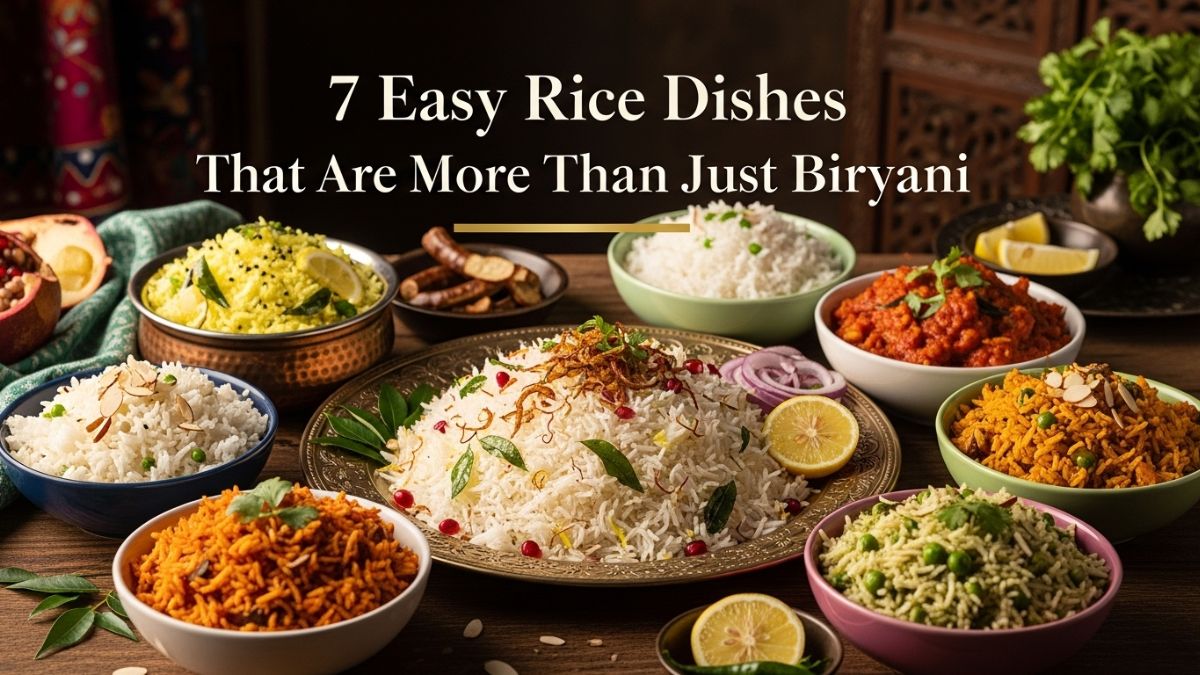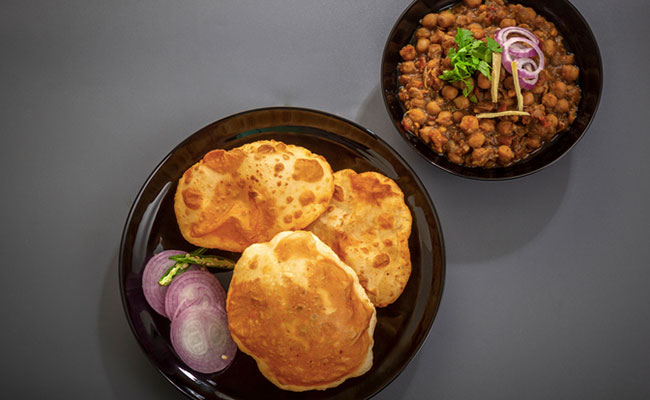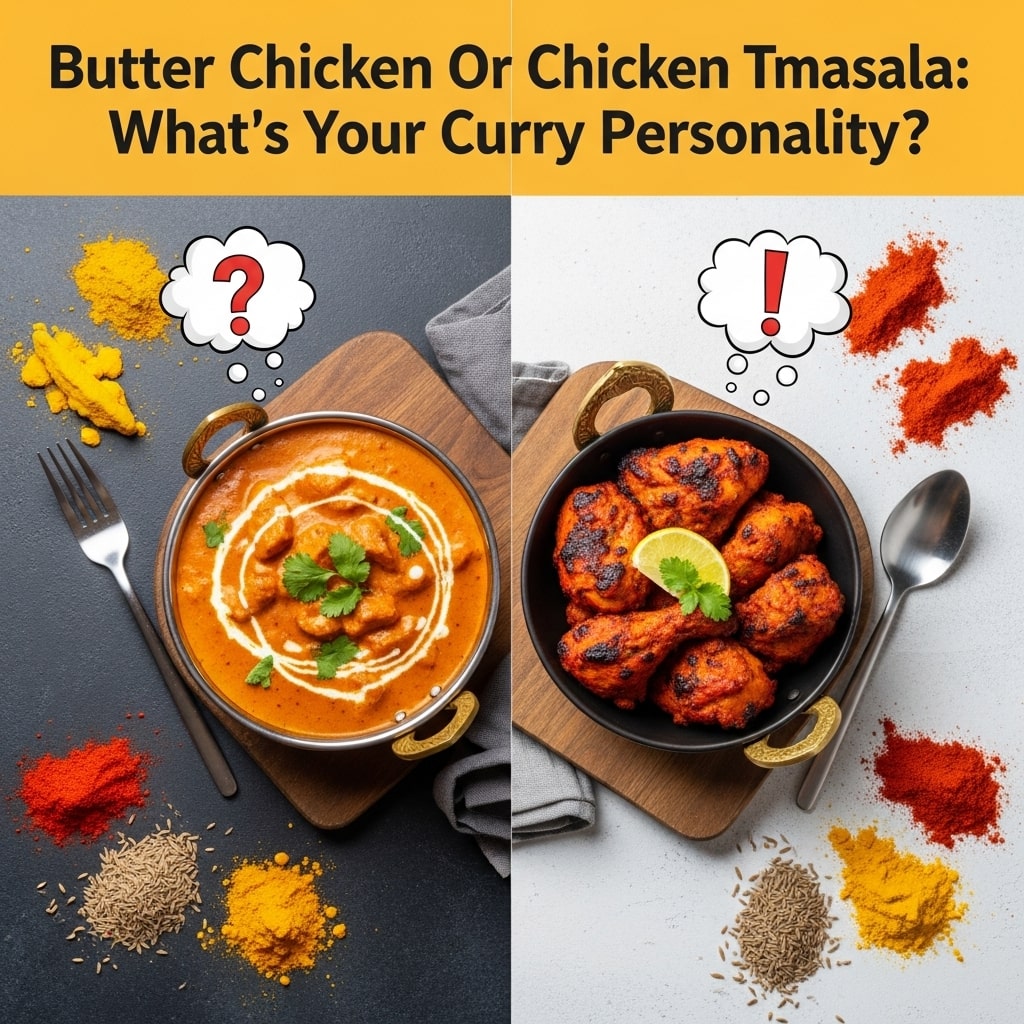If your social media feed is filled with oat milk lattes, tofu wraps, and plant-based burgers that look too real to be vegan, you are not alone. Veganism has officially moved from niche circles to the mainstream. However, being vegan is not just about skipping meat. It involves saying no to all animal products, including dairy, eggs, honey, and even certain everyday foods that contain hidden animal-derived ingredients. In simple terms, if it is directly or indirectly linked to animals, vegans leave it off their plates.
Every year on 1 November, people around the world celebrate World Vegan Day as a reminder that small choices in what we eat can make a meaningful difference to our health, the environment, and the world we share with other living beings.
Also Read: Switching To Veganism? Look Out For These 5 Nutritional Deficiencies For A Healthy Body
How World Vegan Day Began?
World Vegan Day was first observed in 1994, when The Vegan Society in the United Kingdom marked its 50th anniversary. What began as a simple celebration of plant-based living has grown into a global movement, supported by fitness enthusiasts, environmentalists, and everyday home cooks who are adopting healthier, more sustainable ways to eat.
As veganism continues to gain attention, its appeal has expanded far beyond a dietary trend. It is now seen as a lifestyle choice with long-term benefits for personal wellbeing and the planet.
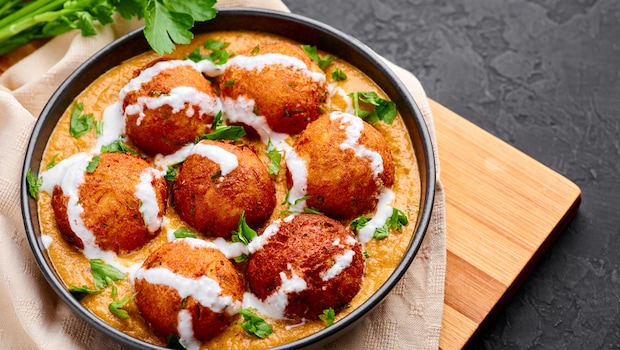
Why Are So Many People Turning Vegan?
There was a time when “vegan food” mostly meant salads and smoothies. Today, that picture has completely changed. From plant-based biryanis and vegan butter chicken to almond milk desserts and dairy-free ice creams, vegan food has become just as flavourful and satisfying as traditional cuisine.
For many people, the first motivation is health. Doctors and nutritionists have long recommended eating more plants and fewer animal products, and research supports this advice. A plant-forward diet can lower the risk of heart disease, diabetes, and certain cancers.
Vegan meals are typically higher in fibre and antioxidants, and lower in saturated fats. Despite common myths, getting enough protein is not difficult. Foods such as lentils, tofu, quinoa, nuts, and seeds are excellent sources of plant-based protein, proving that nourishment and flavour can go hand in hand.
As awareness of nutrition grows, veganism is increasingly viewed as a practical way to eat well while maintaining balance and variety in everyday meals.
Mansi Virmani, Head of Strategic Communications, GFI India, explains, "World Vegan Day is as much about individual action as it is about the need for systems change and reimagining how we grow and consume food. Producing protein from animals is an inefficient use of resources, posing severe threats to the climate, public health, and animal welfare. A shift to smart proteins-including plant-based, fermentation-derived, and cultivated meat-is the single biggest lever to ensure a sustainable future of food. In India, we have a real chance to encourage innovation in a diverse range of sources to meet the growing demand for protein, especially by establishing resilient supply chains for plant-based alternatives that incorporate climate-smart ingredients like indigenous legumes and pulses, as well as agricultural side streams."
Also Read: Everything You Need To Know About Veganism Before Trying It

How Veganism Connects With The Environment?
Beyond personal health, many people see veganism as a way to live in greater harmony with the planet.
Choosing a plant-based lifestyle significantly reduces one's environmental footprint. Research shows that plant-based diets can cut greenhouse gas emissions by almost half compared to meat-heavy ones. They also conserve water, protect farmland, and reduce harm to animals.
As global discussions about sustainability and climate responsibility grow louder, more people are realising that what is on our plate can be one of the simplest yet most powerful ways to make a positive impact.
Veganism, therefore, is not only a personal health choice but also an environmental one, linking our daily habits to the broader goal of protecting the earth for future generations.
"We are already seeing a growing base of younger consumers choose smart proteins for health, sustainability, and environmental and ethical concerns. Concerted efforts in R&D, investment, policy support, together with consumer awareness can bring nutritious, affordable, sustainable and ethically produced protein to every plate," adds Mansi Virmani.
5 Indian Vegan Recipes That Taste Like Pure Comfort:
Indian food and veganism are a natural fit. With its vibrant spices, pulses, grains, and vegetables, most Indian kitchens already have the foundations for a delicious vegan meal. Here are five simple recipes that bring comfort and flavour together beautifully:
1. Vegan Gajar Ka Halwa (Carrot Pudding)
Grate fresh carrots and cook them slowly in coconut or almond milk. Sweeten with jaggery, stir in a spoonful of coconut oil, and finish with roasted cashews. It is every bit as rich and nostalgic as the classic version, just lighter and dairy-free.
2. Almond Milk Thandai
Blend soaked almonds, fennel seeds, cardamom, and rose petals with chilled almond milk. Add a touch of maple syrup for sweetness and serve cold. This refreshing drink carries all the charm of tradition with a modern, plant-based twist.

Photo Credit: iStock
3. Vegan Aloo Tikki With Tofu Filling
Mash boiled potatoes with green chillies, coriander, and spices. For the filling, crumble firm tofu with garlic and chaat masala. Shape, stuff, and pan-fry until crisp and golden. Serve with mint chutney for that perfect street-style crunch.
4. Vegan Malai Kofta
Make soft koftas using mashed potatoes and crumbled tofu. Simmer them in a creamy cashew and tomato gravy finished with coconut cream and garam masala. It is indulgent, comforting, and entirely plant powered.
5. Palak Patta Chaat
Dip spinach leaves in a light gram flour batter, fry or air-fry until crisp, and top with vegan yoghurt, tamarind chutney, and pomegranate seeds. The result is a crisp, tangy chaat that is both wholesome and irresistible.
From sweet treats to savoury favourites, these recipes prove that vegan food can be just as comforting and satisfying as any traditional dish.
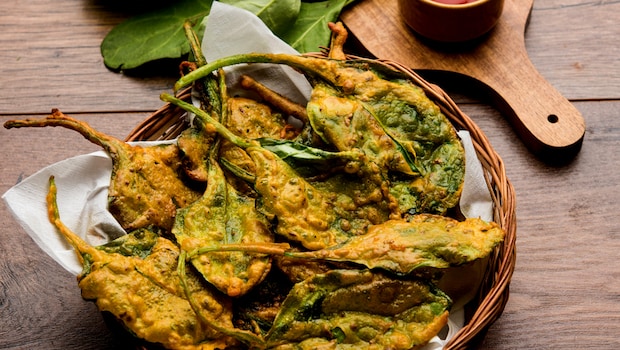
Photo Credit: iStock
What Is Trending In Vegan Food Right Now?
The world of vegan food in 2025 is more exciting than ever. Chefs and home cooks alike are experimenting with new ingredients and flavours, from plant-based seafood and jackfruit kebabs to millet-based desserts and vegan cheese that finally achieves that perfect creamy, tangy balance.
These innovations show that vegan eating is not about giving things up. It is about finding creative, sustainable ways to enjoy food that is good for both body and planet. With more options available than ever before, trying vegan food has never been easier or more enjoyable.
Also Read: Vegan Diet: 5 Delicious Dairy And Refined Sugar-Free Dessert Recipes
The Bottom Line: A Small Change, A Big Difference
You do not have to be a full-time vegan to make a difference. Even one plant-based meal a day can support better health and a healthier planet.
So, this World Vegan Day, try experimenting, whether it is swapping your regular halwa for a vegan version or starting your morning with almond milk chai. You might be pleasantly surprised by how satisfying, flavourful, and fulfilling plant-based eating can be.
